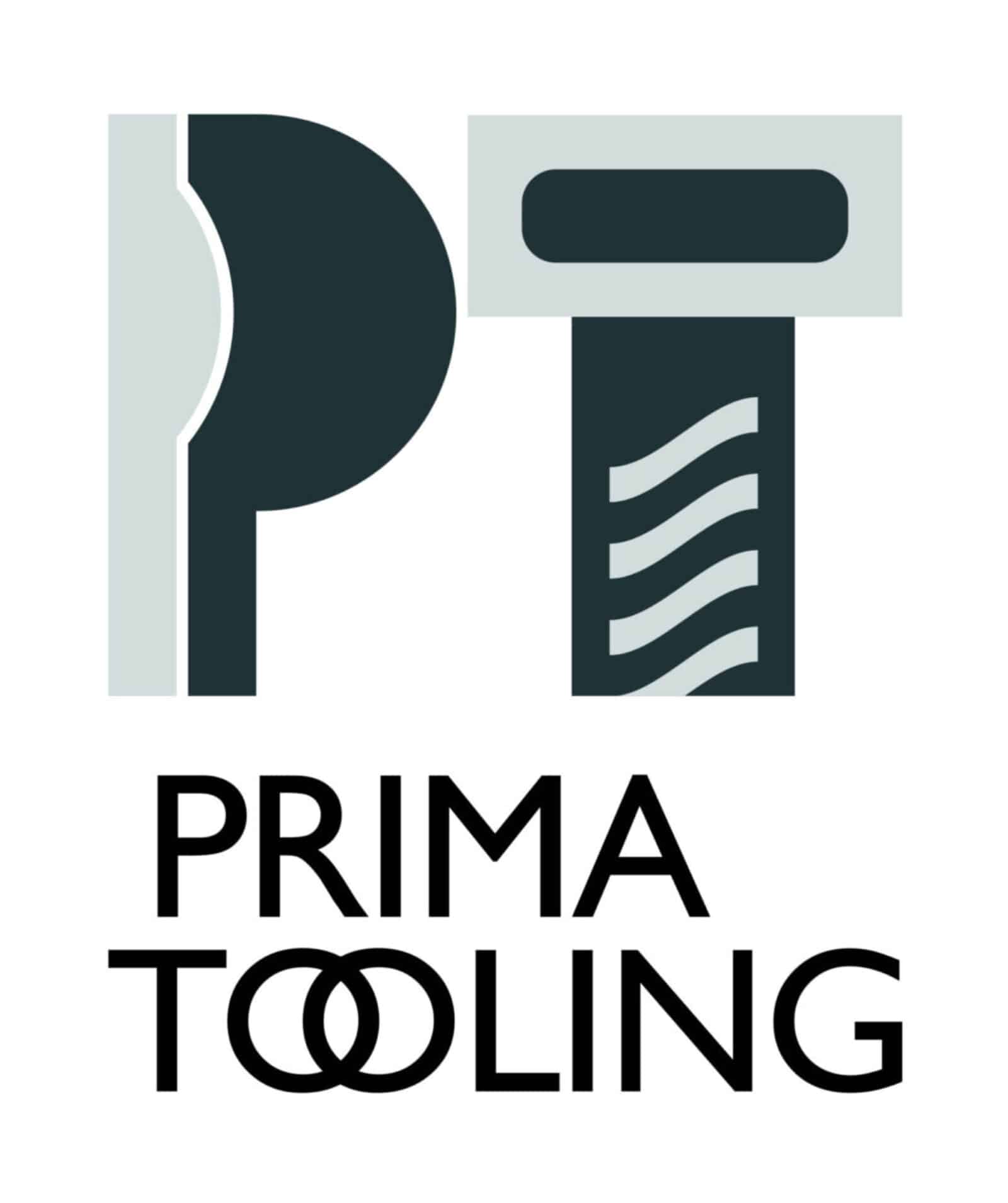CNC router bits are essential for any woodworking, metalworking, or plastic machining project. They determine your cuts’ shape, depth, and quality, making them vital to the CNC process. Understanding the different types of router bits and their specific uses can greatly enhance the precision and efficiency of your projects.
In the UK, where high standards in engineering and manufacturing prevail, selecting the right CNC router bits becomes even more critical. With various materials and project needs, choosing the correct bit isn’t merely about achieving a perfect cut; it’s also about using the right tool for optimal speed and longevity. Whether you’re a beginner or an experienced machinist, knowing your router bits will allow you to tackle complex tasks confidently while maintaining high quality and efficiency.
Types of CNC Router Bits and Their Uses
CNC router bits come in various shapes and sizes, each designed for specific tasks. Understanding the differences helps select the right bit for your project, ensuring precise cuts and efficient operations. Here are some common types:
- Straight Router Bits: Ideal for making straight cuts in wood or plastic. They’re great for grooving or routing dados.
- Compression Router Bits: These are perfect for cutting plywood, laminate, or MDF without chipping. They compress materials towards the centre, preventing edge splinters.
- Upcut and Downcut Bits: Upcut bits pull chips up and out, great for deep cuts and cleaning slots. Downcut bits push chips down, leaving a clean top surface.
- Ball Nose Bits: Used for creating smooth, rounded edges and detailed 3D carvings.
- V-Groove Bits: Excellent for engraving and decorative cuts, creating v-shaped grooves in the material.
Using the correct CNC router bit enhances project quality and efficiency. They are tailored for specific materials and applications, allowing smoother operations and prolonging tool life. Selecting the right bit ensures cleaner edges and accurate shapes, which is vital for achieving the best results in any CNC project.
Choosing the Right CNC Router Bits in the UK
Selecting the right CNC router bit is crucial for successful machining. Several factors influence this decision, ensuring you use the most efficient bit for your needs.
– Material Type: Consider whether you’ll be cutting wood, plastic, or metal. Specific bits are designed for these materials to optimise performance.
– Cutting Speed and Depth: Know your machine’s capabilities. Select a bit that matches your desired cutting speed and depth to avoid overheating or damaging the material.
– Bit Design and Function: Choose based on your required finish. For example, an up-cut bit enhances chip removal in deep cuts, while a down-cut bit leaves a smooth top surface.
Here are some recommendations for common CNC projects:
– Plywood: Use compression bits to minimise chipping.
– 3D Carvings: Opt for ball nose bits to achieve soft contours.
– Acrylics: Straight bits work well, preventing crazed edges.
To maintain your bits, regularly clean them to remove residue. Sharpen the cutting edges to extend their lifespan and ensure smooth operations.
The right CNC router bits can make or break a project. By carefully considering your material, machine, and desired outcome, you can select bits that improve your efficiency and the quality of your work.
Unlock the potential of your CNC projects with Prima Tooling’s range of specialised bits. Our precision-engineered CNC router bits ensure outstanding performance across various applications. Whether you’re tackling wood, composites, or metals, visit our website to explore our offerings. Transform your machining experience and achieve consistent, top-notch results with Prima Tooling’s quality tools.
